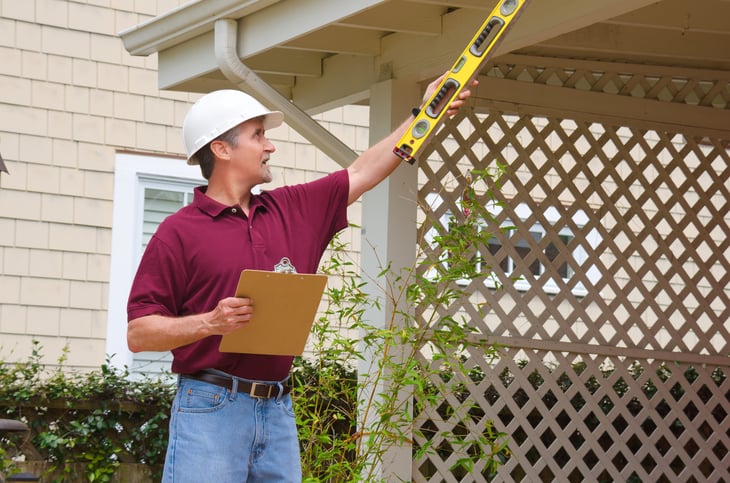
Editor's Note: This story originally appeared on Point2.
Sellers might not always be thrilled to have their homes inspected, but it’s not always a bad thing. It gives you a chance to keep on top of any issues and, in many ways, makes it easier for you to sell your home. So, knowing what to expect from the home inspection can go a long way to seeing your home pass with flying colors.
Home Inspections — The Basics

In general, home inspectors will spend between two and four hours examining nine components of the home.
Their goal is to identify defects within the home’s structural integrity, as well as appliances. Inspectors will focus on various components that may be nearing the end of their lifespan or have been damaged or neglected, causing them to become unsafe. The results are written up into a report that buyers can use to assist in their decision to buy the house in question.
Knowing what an inspector will look at gives you a chance to repair any damage and address any issues in advance. Keep reading for a closer look at each component covered in a home inspection.
1. The Roof
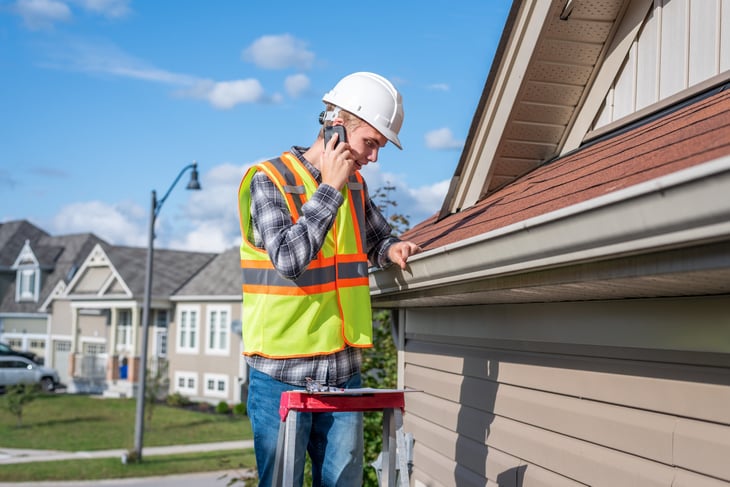
In general, inspectors will look for issues with sagging, problems with shingles, mold and signs of water damage and leaks. They will also look at your gutters.
Be sure to fix up any loose shingles, clear your gutters and repair leaks, and finally fix any chimney damage.
2. The Attic
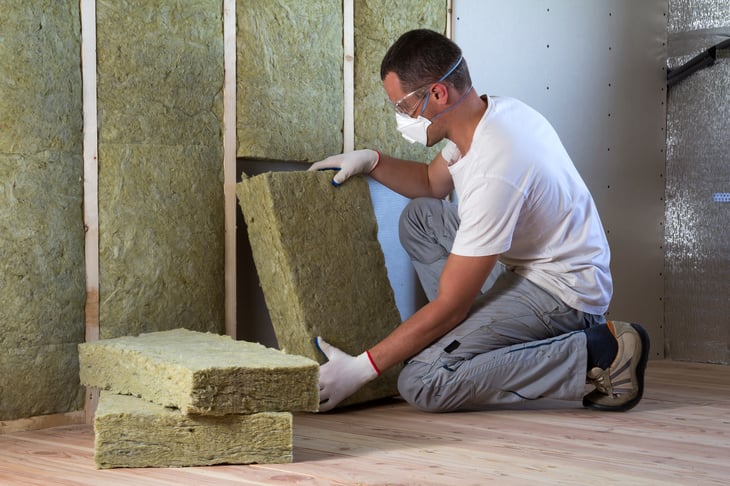
In the attic, the inspector will continue to look for signs of water damage from a leaking roof and examine the insulation.
Ensure you have sufficient insulation in place. In cold climates, icicles hanging from the edge of your roof can indicate issues with insulation in the attic. If there are any signs of leaks, have them repaired.
3. HVAC systems
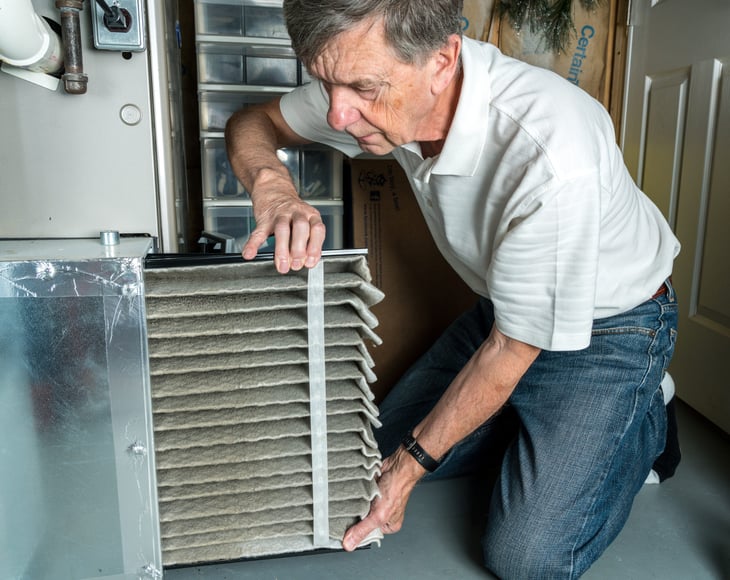
Inspectors generally look at the age of HVAC systems, leaks, issues with pressure, sediment build-up and corrosion.
If your system isn’t working properly, be sure to have it checked and repaired by a professional. It’s well worth replacing any filters before the inspection, and also, be sure that there’s no chimney or fireplace damage. If the system is in really bad shape, consider replacing it entirely, or prepare to reduce your sale price.
4. Plumbing
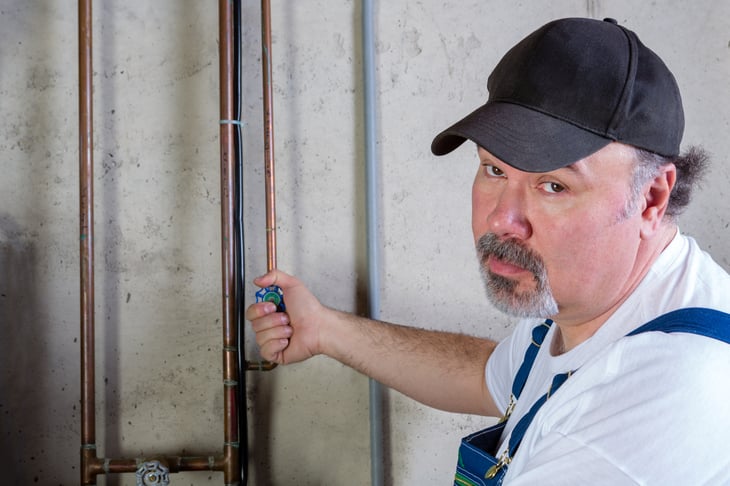
A decent inspector will take a good look at the entire plumbing system of a house, examining basic pipework, sump pumps and septic tanks.
Be sure that you have good drainage throughout the home, check for outdated or leaking pipework, and ensure all toilets, sinks, showers and baths are functioning correctly.
5. Electrical Systems
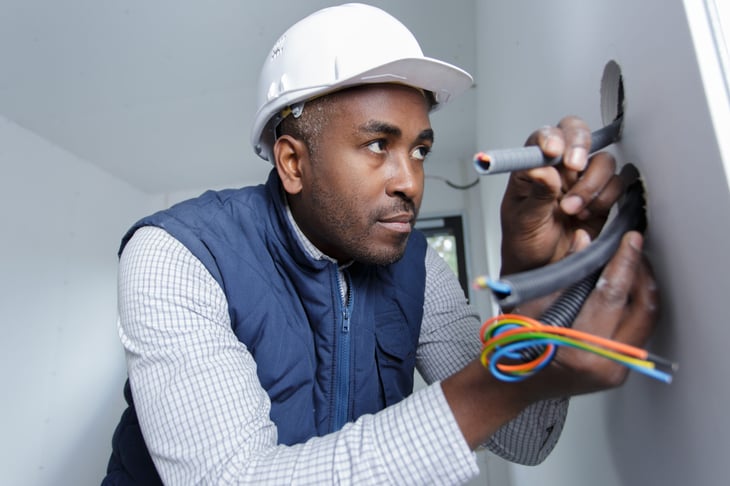
All electrical systems will be thoroughly checked to ensure that everything is up-to-code and safe. Inspectors must be extremely thorough, as outdated or faulty wiring can be fatal.
If required, update the wiring throughout your home, as well as circuit breakers and grounding to make sure they’re up to code. Also, check that all exhaust fans, power sockets and light fixtures are working correctly. Finally, test all your fire and smoke detectors.
6. Structural Elements
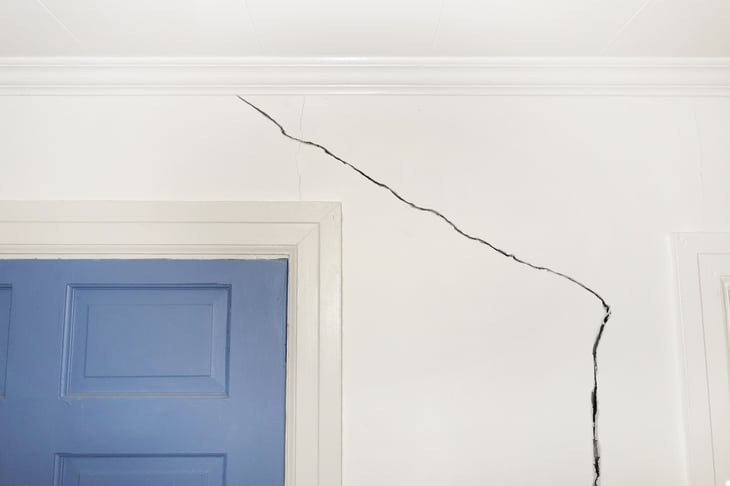
Home inspectors spend a good amount of time ensuring the house will remain standing for the foreseeable future. In doing so, they will check ceilings, walls, the roof and foundations.
Ensure your walls and ceilings are straight and level with no stains or cracks. Keep an eye out for signs of water damage or mold and repair any issues. Sticking doors throughout the home can indicate significant problems with the foundations, as can large cracks in the walls and uneven floors. In this case, have a professional take a look.
7. Windows and Doors
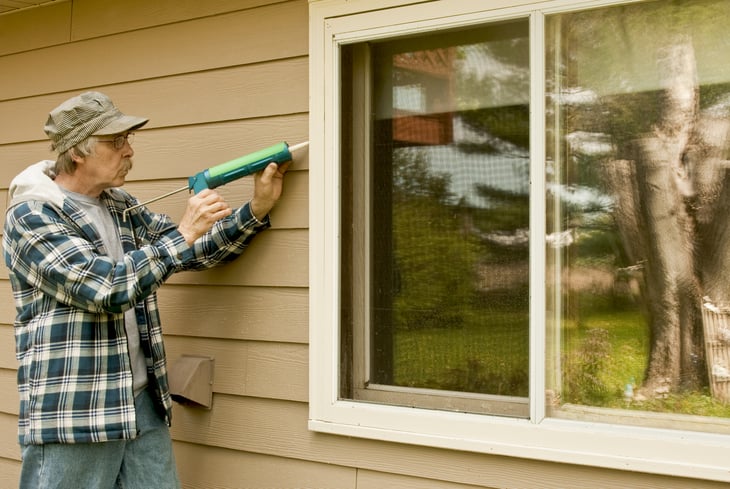
Windows and doors can allow heat to escape the home if they’re not properly sealed. Moreover, if they’re faulty, they can be a cause for concern.
Check the caulk around all windows and doors and reseal if necessary. In addition, install drip caps on your windows, replace faulty handles, secure wood trims and frames, and replace any cracked panes.
8. The Basement
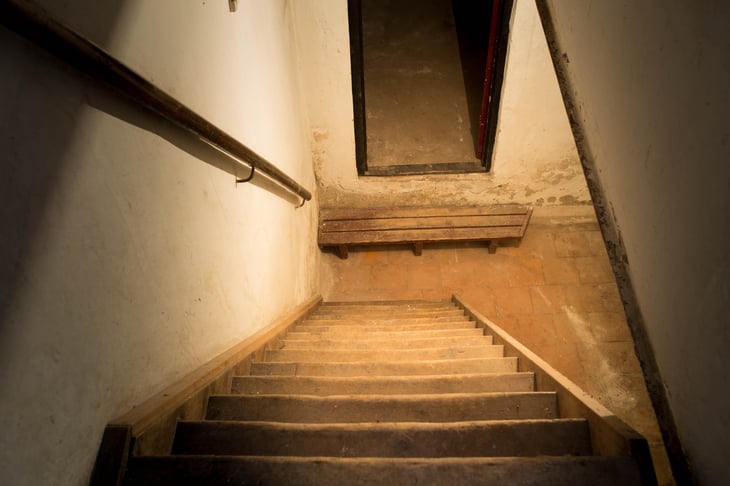
As they inspect the basement, inspectors will mostly look for evidence of foundation problems, issues with dampness and adequate insulation.
Tackle any signs of water damage and fix any issues with dampness. Also, ensure sufficient insulation is installed. Large cracks and broken brickwork in the basement can hint at foundation issues, so have these seen to.
9. Exterior Elements
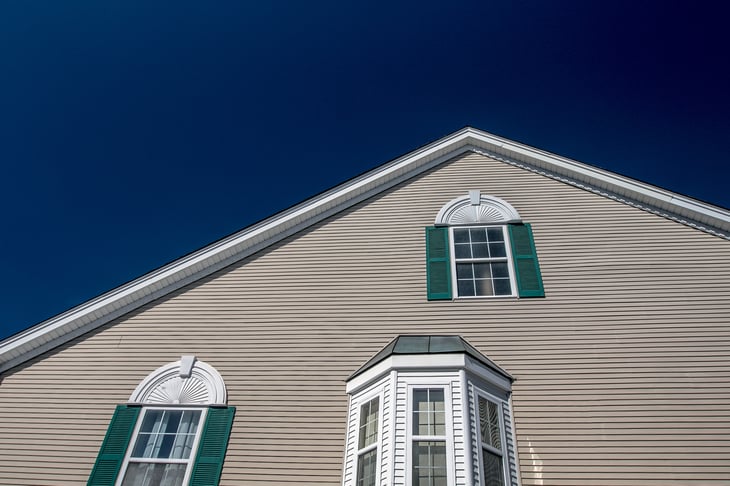
Inspectors will also take a good look at the outside of your home. Besides cosmetic issues, they’ll be looking for evidence of water damage.
Repair any damage to sidings and trims and repaint the exterior walls and frames if necessary. With stucco, repair any loose or damaged areas. Check your water spouts and gutters, and make sure that water is draining away from the house properly.





Add a Comment
Our Policy: We welcome relevant and respectful comments in order to foster healthy and informative discussions. All other comments may be removed. Comments with links are automatically held for moderation.